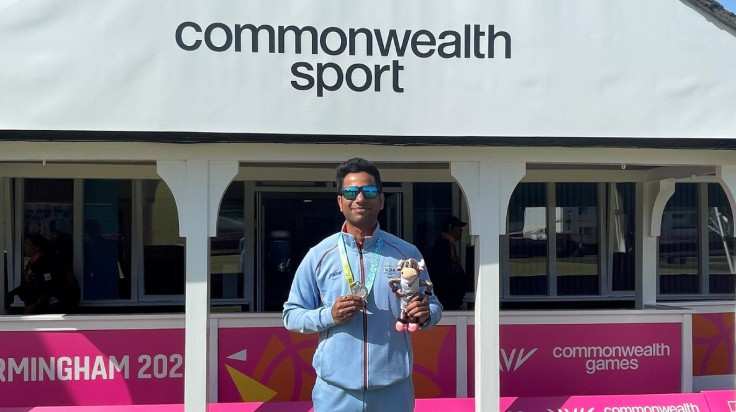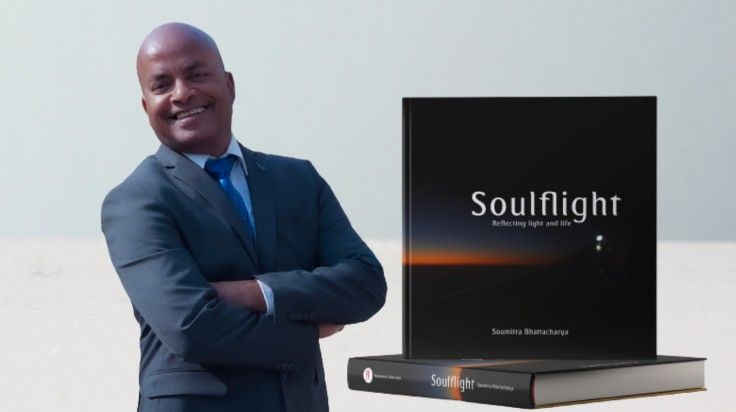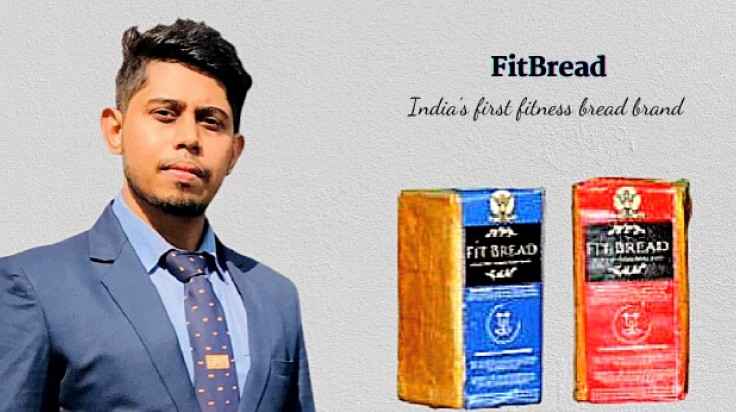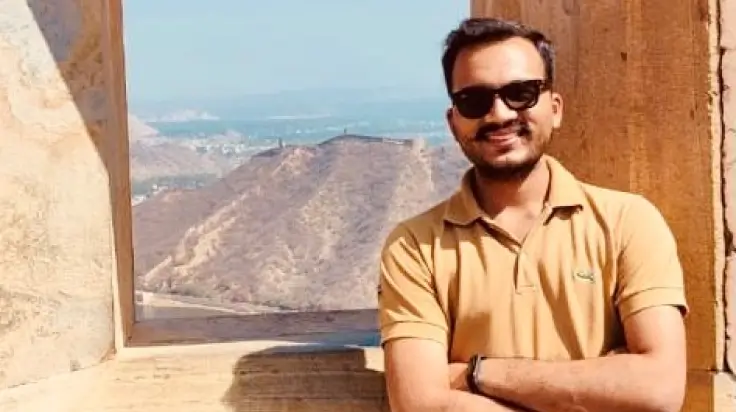What if cracks could self-repair and prevent aircraft accidents? A researcher is making this possible
- Ekta Kashyap
- Published 28/02/2023

Image credit: Unsplash
Dr. Sravendra Rana, Senior Associate Professor at UPES School of Advanced Engineering, is developing materials that can repair autonomously and help in preventing airplane accidents. This breakthrough in airplane safety can be a game-changer in the aeronautical industry
An airplane takes off and suffers a crack in one of its parts mid-air. This untreated crack can become deeper with time and cause safety concerns, putting hundreds of lives at risk. The airplane, therefore, must make an emergency landing.
What if, in that very moment of damage, the crack not only stops from getting deeper, it also heals itself just like the tissues of living organisms? A Senior Associate Professor at the UPES School of Advanced Engineering, Dr. Sravendra Rana, is turning this concept into reality.
For over 20 years, researchers have been attempting to generate materials that are able to repair autonomically or through external stimuli such as heat, light, or pressure. However, the stability, processing, and cost of catalysts that go into making those materials remain a challenge.
Dr. Rana explains, “The catalyst that makes the self-healing of materials possible is costly and toxic. People working in the aerospace industry have suffered from grave health issues; some of them who started on this journey died of cancer. My objective, therefore, is to use biomolecules, which are derived from naturally-occurring substances such as castor oil. These materials can stop the crack in an airplane from getting deeper and simultaneously heal the crack.”
The innovation enhances aircraft availability since it is self-healing and is always ready, increasing the safety, productivity, and life of airplanes. “Even the recycling of such materials is easier, as the material that earlier had a life of 10-15 years lasts longer because of the healing property, hence deferring the waste,” he says.
Self-repairing composite materials can reduce the repair costs of airplanes and provide a boost for the aeronautical sector. They will require minimal maintenance and will have the ability to repair their own micro-cracks and breaks, thus providing an alternative to expensive manual testing and repair. This material can also heal aircraft hit by space debris at high speeds.
In India, Dr. Rana says, he is among the first ones to use Vitrimer, a class of polymer material capable of self-healing and shape reprocessing at low temperatures. “Given the huge amount of unrecyclable waste from thermoset polymer-based products, the potential of the Vitrimer concept is highly attractive, which meets the recently increasing demand to create polymers with efficient recyclability, together with the need to reduce CO2-emission and petroleum resources consumption. Vitrimer is the future,” he emphasises.
The research is funded by the Science and Engineering Research Board (SERB), a statutory body under the Department of Science and Technology, Government of India. In 2017, Dr. Rana had received a grant of INR 55 lakh to continue his work in self-healing materials. In addition, SERB had allocated a grant of INR 24 lakh in 2021 to continue his work on Vitrimers.
Dr. Rana hails from Meerut in Uttar Pradesh, where he completed his Master’s. For his PhD, he moved to Seoul, South Korea, where he worked on shape memory polymers – polymeric smart materials with the capacity to recover their original shape after being temporarily deformed.
That experience changed his life, and he realised that he wanted to become a professor and continue his research to solve the problems in his field. After his PhD in Korea, he moved to Nanyang Technological University (NTU), Singapore, where he worked for two years. His hunger to learn more about advanced materials took him to Martin Luther University in Germany, where he worked on European Union projects. After that, he came to UPES, where he has mentored several students in their research journey.
Ekta Kashyap
The writer is a part of the UPES editorial team
Tags
- Research and Innovation
- School of Advanced Engineering
- School of Engineering
UPES Admission Enquiry
Subscribe to UPES Blogs
By clicking the "Subscribe" button, I agree and accept the privacy policy of UPES.














